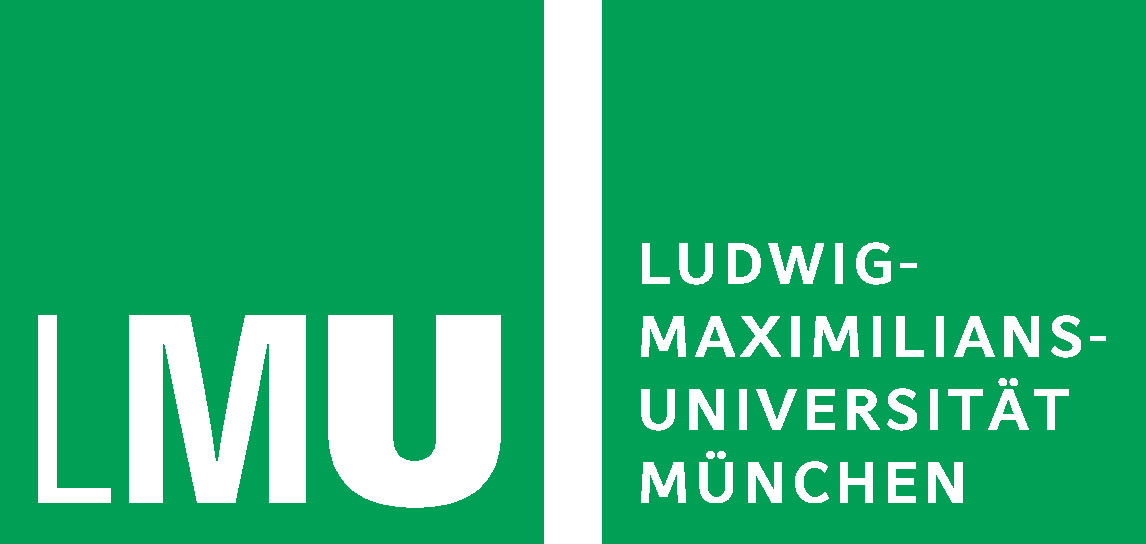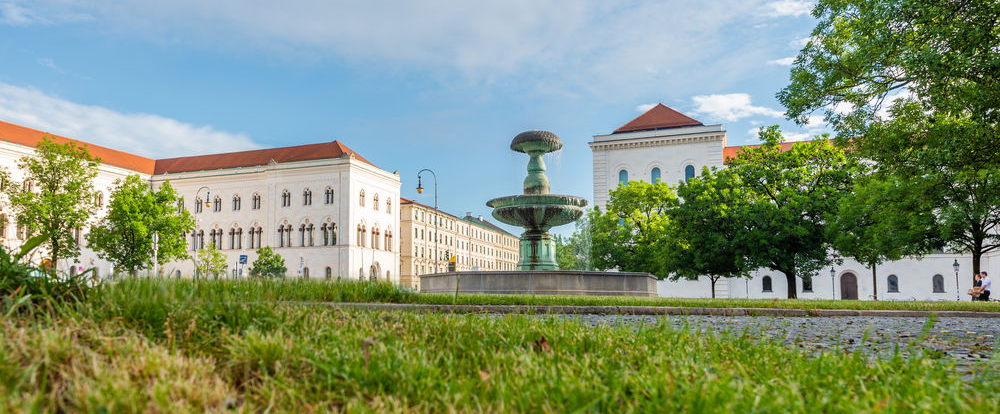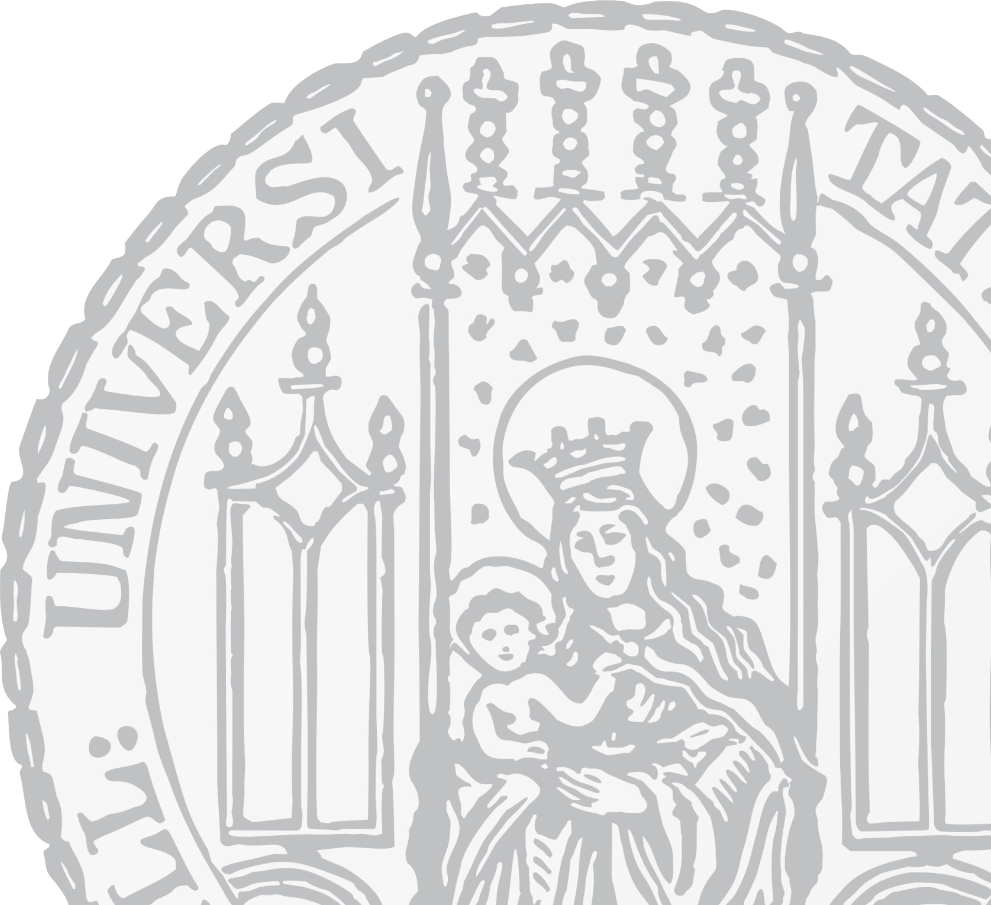
| Institution | Faculty for the Study of Culture - Institute for Digital Cultural Heritage Studies, muniq.ai Group, and Machine Learning Consulting Unit |
| Remuneration group | BesGr A13 |
| Full-time / Part-time | Full-time (100%) |
| Start date | October 1st, 2025. Contract term: 3 years (with the option to extend for other 3 years) |
| Application deadline | 2025-07-27 |
About us:
The Institute for Digital Cultural Heritage Studies (IDCHS) is a unique research and teaching unit within the European higher education landscape, dedicated to advancing transformative research on the ancient world through technology and digital engagement. Its mission is to address 21st-century societal challenges while expanding the frontiers of digital scholarship in Heritage Science and Archaeology. The Machine Learning Consulting Unit (MLCU) is part of the Munich Center for Machine Learning (MCML), a leading center for AI in Germany and worldwide. MLCU provides researchers affiliated with LMU and MCML with scientific consulting regarding the application and evaluation of machine learning methods.
The Institute for Digital Cultural Heritage Studies and the MCML’s Machine Learning Consulting Unit jointly invite applications for a Postdoctoral Researcher specializing in Artificial Intelligence and Machine Learning (AI/ML) applications in Heritage Science and Archaeology. The Postdoctoral Researcher will have opportunities to collaborate on national and international projects, including cross-disciplinary initiatives that explore new methods for cultural analysis, preservation, and dissemination through AI/ML.
We are looking for you:
Postdoctoral Researcher (Akademischer Rat auf Zeit) in AI and Machine Learning Applications in Heritage Science and Archaeology (m/f/x)
in Munich
Your tasks and responsibilities:
- Develop interdisciplinary research in AI/ML and Heritage Science.
- Publish in peer-reviewed, high-impact journals or conference proceedings and contribute to the academic output of the IDCHS.
- Collaborate with the Machine Learning Consulting Unit (MLCU) and interdisciplinary teams to refine models and ensure the interpretability of results.
- Participate in grant writing.
- Teach Master’s-level courses involving AI/ML programming and data science (teaching load is five hours/week – courses taught in English).
- Supervise research assistants and master's theses.
- Perform administrative duties for the IDCHS (e.g., manage research/computer laboratories, support M.A. student admission).
Applicants will have a strong publication record that fits the IDCHS’ innovative research agenda. The ideal candidate will have university-level teaching experience, will participate in delivering the new Master of Arts in Digital Cultural Heritage to be launched at LMU in the winter semester 2025/26, and other existing curricula. The position involves performing administrative duties for the IDCHS. Experience with grant writing is highly desirable.
Your qualifications:
- PhD (completed by October 1st) in Computer Science, Statistics, Data Science, Geomatics/Software Engineering, Applied Mathematics, Digital Heritage, Heritage Science, Archaeology, or a related field with a specialization in Artificial Intelligence/Machine Learning.
- Demonstrated experience in AI/ML applications, especially dealing with cultural data.
- Excellent written and spoken English communication skills.
- Strong proficiency in Python and collaborative tools (Git/GitHub).
- Familiarity with Cultural Heritage digitization workflows and multimodal datasets.
We are particularly interested in scholars whose research bridges computational technologies and digital heritage, and who develop AI/ML tools, methods, and workflows for applications in the following domains:
- ML for Automated Analysis of Archaeological and Heritage Data (e.g., pattern recognition in material culture datasets, object detection/classification for automated recording, feature extraction for archaeological drawings, multimodal classification of digitized artifacts).
- ML for Automated Analysis of Remote Sensing Data (e.g., ML-based classification of LiDAR data, settlement pattern recognition in satellite and LiDAR data).
- Proximal Sensing for Heritage Science (e.g., ML algorithms to classify materials or deterioration mapping in artworks or artefacts from multi/hyperspectral, XRF, or CT scan data, use deep learning models to segment CT scans and reconstruct internal stratigraphy of composite objects such as mummies, scrolls, layered artworks).
- AI-Driven Visualization and Virtual Reconstruction (e.g., GANs and diffusion models for generating archaeological illustrations and 3D virtual reconstructions of archaeological sites, damaged monuments, and historic urban environments).
- Multimodal Large Language Models for Interaction with Cultural Artifacts & Collections (MLLMs for cross-media search and retrieval in collections through retrieval augmented generation-based techniques, MLLMs for generating captions and metadata for museum objects lacking contextual or provenance data).
Preferred Qualifications
- Experience with Deep Learning, particularly computer vision (ideally 3D data), classification, segmentation, etc.
- Experience with different Deep Learning frameworks (e.g., Pytorch, Tensorflow, JAX).
- Strong interest in collaborative research, open science, and the ethical implications of AI.
- University-level teaching and student supervision experience.
- Experience in grant writing.
Benefits:
- The position and salary are based on a temporary public service contract (A13) for a period of three years, provided the legal requirements for public service are met. Upon a positive evaluation, an extension of an additional three years may be possible.
- All the benefits of employment by the Free State of Bavaria.
- The opportunity to be part of the LMU IDCHS, a dynamic, internationally connected team working at the forefront of Heritage Science and technology.
- The possibility to affiliate yourself with the Munich Center for Machine Learning, one of the leading AI centers in Germany and worldwide.
- Training and development opportunities.
- Opportunity to pursue a post-doctoral qualification (Habilitation).
- Our institute is located in the heart of the lively and globally diverse city of Munich, with excellent public transportation connections.
- Flexible working hours.
- Support in relocating to Munich through the LMU Gateway office.
LMU Munich is an equal opportunity employer committed to excellence through diversity, and therefore explicitly encourages women to apply.
Also possible in a part-time capacity.
People with disabilities who are equally as qualified as other applicants will receive preferential treatment.Contact:
Please submit your application comprising the documents listed below as a single PDF (up to 15 MB) via email only to jobs-research@dkes.fak12.lmu.de, by 27 July 2025. For questions regarding the position, you may contact Prof. Nicola Lercari at n.lercari@lmu.de.
Completed applications will include:
- A brief cover letter.
- Curriculum vitae.
- Research statement (up to 3 pages), including descriptions of future research plans involving AI/ML topics (applied to the domains described above).
- Teaching statement (up to 2 pages), including descriptions of teaching interests for courses involving AI/ML programming (see our M.A. Curriculum Overview here).
- Names and contact information for three academic references.
- Proof of academic degrees (e.g., diplomas, unofficial transcripts, etc.).
- Up to 5 writing/code samples or other relevant documents (e.g., published articles, GitHub link, sample syllabi, grant proposals selected for funding, etc.).
- Link to a Digital Portfolio (as applicable).
Where knowledge is everything.
LMU researchers work at the highest level on the great questions affecting people, society, culture, the environment and technology — supported by experts in administration, IT and tech. Become part of LMU Munich!

